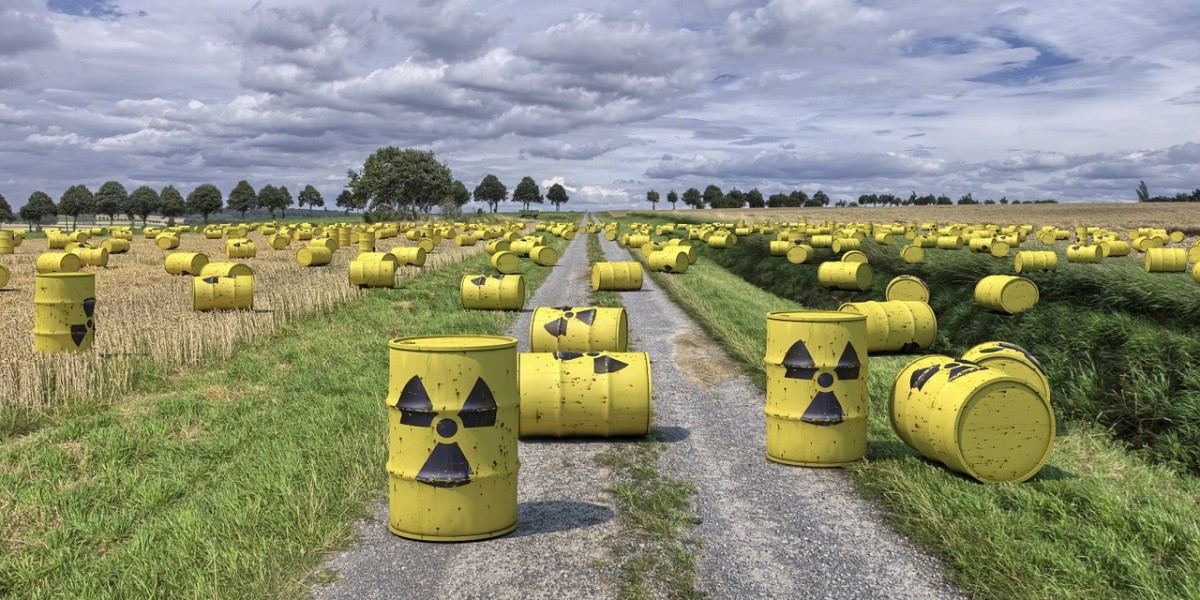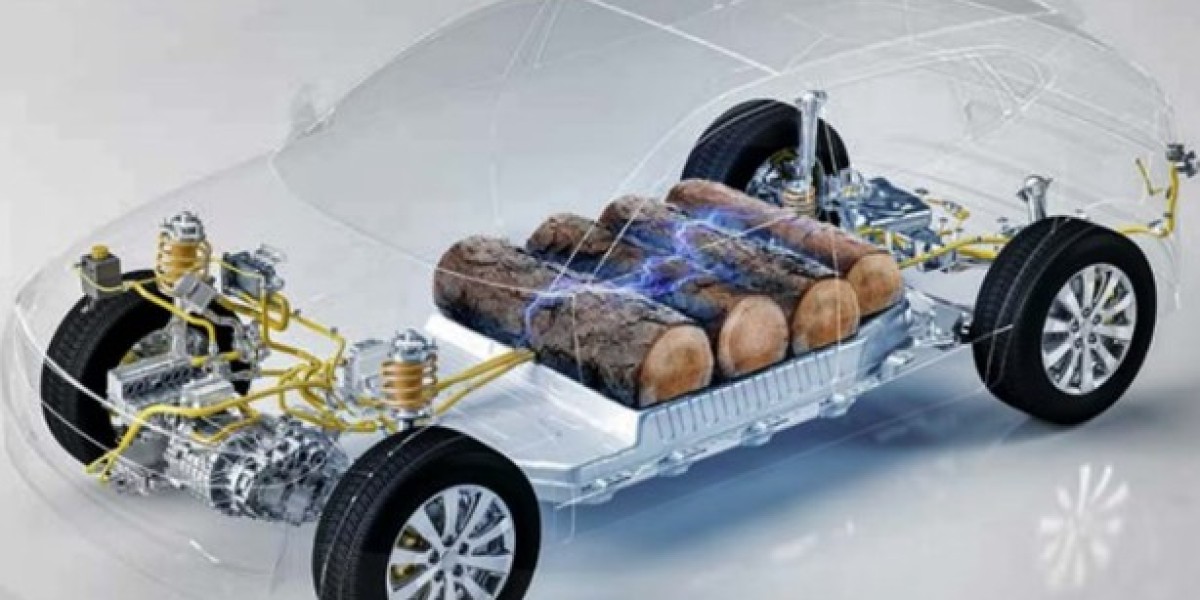The nuclear waste management market is evolving rapidly, driven by advancements in technology, regulatory demands, and the global push for sustainable energy. This article explores emerging trends shaping the industry and innovative solutions addressing the challenges of nuclear waste management.
1. Advancements in Recycling Technologies
Recycling nuclear waste has become a key focus in the industry. Technologies like pyroprocessing and aqueous reprocessing allow for the recovery of valuable materials, such as uranium and plutonium, from spent nuclear fuel. These advancements not only reduce the volume of waste but also contribute to resource efficiency, supporting the sustainability goals of the nuclear energy sector.
2. Rise of Deep Geological Repositories
Deep geological repositories are gaining recognition as the most secure method for long-term nuclear waste storage. These facilities involve storing waste in stable geological formations deep underground, isolating it from the biosphere. Countries like Finland and Sweden are leading the way in implementing such solutions, setting benchmarks for safe and reliable nuclear waste disposal.
3. Integration of Digital Technologies
The integration of digital technologies, such as AI, IoT, and blockchain, is transforming nuclear waste management practices. AI-driven predictive analytics improve risk assessment, while IoT-enabled sensors enhance real-time monitoring of waste storage conditions. Blockchain technology ensures data integrity and transparency, building trust among stakeholders.
4. Emphasis on Sustainability and Circular Economy Models
The nuclear waste management market is aligning with global sustainability goals by adopting circular economy principles. Efforts to recycle and repurpose materials from nuclear waste support waste minimization and resource conservation. This shift not only addresses environmental concerns but also enhances the economic viability of nuclear waste management solutions.
5. Expansion in Emerging Markets
Emerging economies in Asia and the Middle East are increasingly investing in nuclear energy, driving demand for waste management infrastructure. These regions are adopting innovative technologies and building partnerships with global leaders to establish efficient nuclear waste management systems tailored to local needs.
6. Enhanced Safety Measures
Safety remains a top priority in nuclear waste management. New containment materials and advanced monitoring systems are being developed to minimize risks associated with waste storage and transportation. Enhanced safety protocols are reassuring communities and regulatory authorities about the long-term security of nuclear waste solutions.
7. Collaborative Efforts and Policy Support
Global collaboration and supportive government policies are crucial in advancing nuclear waste management practices. Initiatives like international knowledge sharing and funding for research and development are driving innovation and fostering harmonized approaches to waste disposal and treatment.
Final Thoughts
The nuclear waste management market is undergoing significant transformation, with emerging trends and innovative solutions paving the way for safer and more sustainable practices. From advancements in recycling technologies to the adoption of deep geological repositories and digital tools, the industry is addressing complex challenges while supporting the global shift toward clean energy. By fostering collaboration, investing in technology, and prioritizing safety, the sector is well-positioned to meet future demands effectively.



